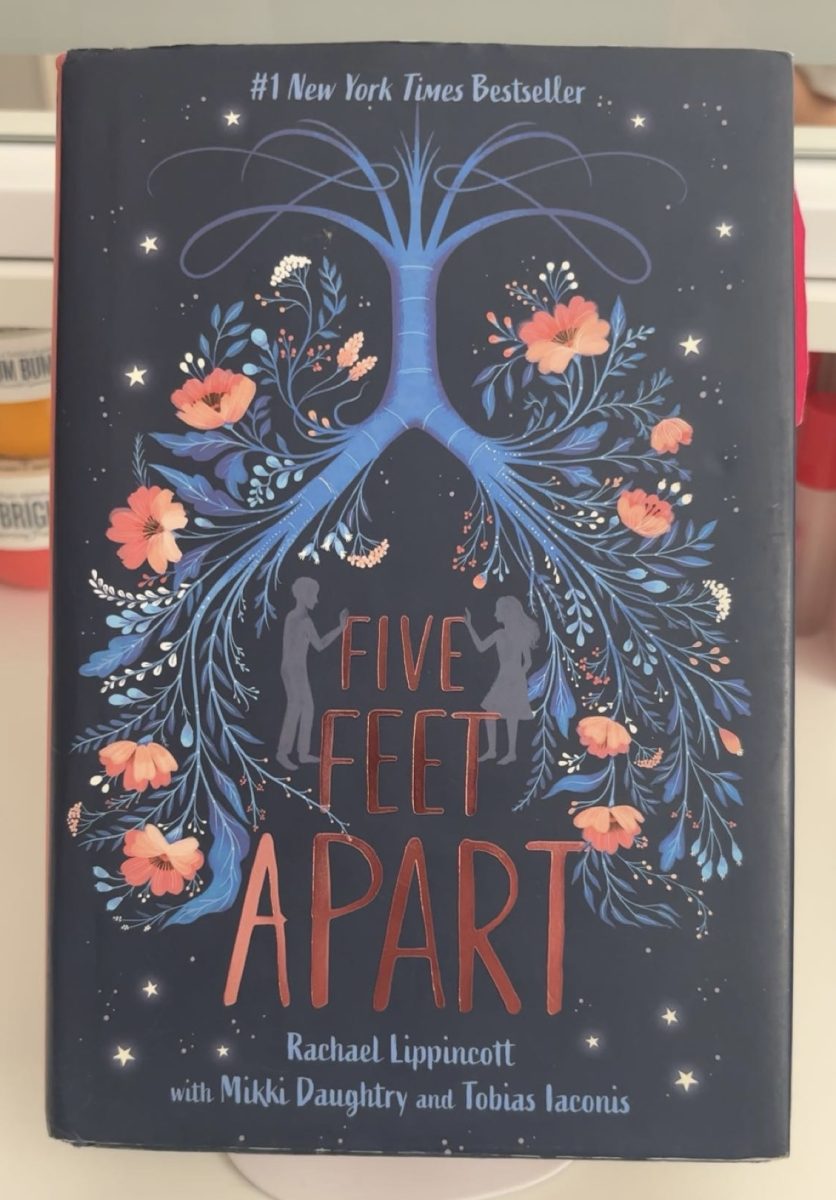
No matter the medium, whether it is movies, video games, or books, an entertainer is constantly struggling to maintain a heightened suspension of disbelief within their audience. Like artisans struggling to hone their craft, an entertainer can seldom completely capture their audience’s unwavering attention. Where others invariably fail, Dan Simmons succeeds in his science fiction epic, Hyperion.
Where a plethora of sci-fi writers stay the course of predictable post-apocalyptic scenarios or tell tales of humanity’s last stand against a pervasive alien threat, Simmons succeeds in offering something completely different.
Hyperion succeeds in creating a proverbial special-sauce through its seamless merging of converging storylines, spanning multiple narratives and characters.
This weaving is especially important when considering the sheer scale of the novel, which spans nearly 500 pages and involves a myriad of unique characters.
Whether Simmons portrays the struggles of a husband and wife who desperately search for a cure for their paranormally-ill child, or the efforts of a former Colonel tortured by a reoccurring, ghostly figure; each primary character is ensconced within a unique storyline, all involving the mysterious ancient world of Hyperion.
One of the main appeals of Hyperion is the sheer range of diverse elements offered throughout the novel; religion, sacrifice, family, love, self-actualization, the future of humanity; there is scarcely a theme which Simmons’ epic does not encompass.
Likewise, there is something to be said about Simmons’ ability to create a universe that in some ways, is completely unbelievable, yet will somehow still convince readers that each event is based within reality. This gritty sub-genre of sci-fi which Simmons invariably prescribes is not devoid of fantastic elements, yet the author manages to expertly navigate the fine line between reality and disbelief.
This unique writing style can prove to be a double-edged sword, however. From the onset of the novel, readers are subjected to an onslaught of sci-fi jargon. The author seldom stops to explain each phrase, leaving the reader to infer and extrapolate at their will. This isn’t necessarily a bad thing, yet I found myself wondering if I had accidently picked up a book which was already the second or third book in a saga.
Although, like the life-extending Poulson treatments which preserve many of the Hyperion characters into old-age, the effects of this overwhelming volley of words is fleeting, as the reader soon becomes accustomed to this unique writing style.
Hyperion is the first of Simmons’ Hyperion Cantos saga and is directly followed by The Fall of Hyperion.
All things considered, any science fiction aficionado will likely find something they appreciate about Simmons’ epic, while the majority will be left reeling by the turn of the last page.










